Prime Minister Narendra Modi launched the 8th Rashtriya Poshan Maah on September 17, 2025, alongside the Swasth Nari Sashakt Parivar Abhiyan: echoing his vision of “Sashakt Nari, Suposhit Bharat”. This nationwide effort puts nutrition at the heart of India’s development agenda, especially for women, children under six, adolescents, pregnant women, and lactating mothers. With over 14 lakh Anganwadi Centres and more than 9 crore beneficiaries already registered on the Poshan Tracker app, India’s nutrition movement is becoming stronger with every campaign.
Poshan Pakhwada 2025
Poshan Pakhwada is a 15-day nutrition and health campaign celebrated every March/April throughout India. The 7th edition in 2025 ran from 8th to 22nd April, focusing on:
- Maternal and child nutrition,
- Digital access for beneficiaries,
- Tackling childhood obesity,
- Hygiene and clean water for all.
The emphasis on the “first 1000 days of life” highlights the importance of nutrition from conception until a child turns two, with life-long impacts on health, productivity, and the ability to learn.
What is Poshan Abhiyaan?
Launched on 8 March 2018, Poshan Abhiyaan (Prime Minister’s Overarching Scheme for Holistic Nourishment) targets malnutrition through an innovative, tech-driven, and community-focused strategy. Its aims include:
- Reducing stunting, undernutrition, and low birth weight in young children.
- Lowering anaemia in children, adolescent girls, and women.
- Breaking the intergenerational cycle of malnutrition, especially in the most critical first 1000 days of a child’s life.
- Progress is clear: Stunting among under-5 children reduced from 38.4% to 35.5%, and underweight prevalence from 35.8% to 32.1% (NFHS-5).
The PM POSHAN Scheme
One major pillar is the PM POSHAN Scheme (formerly the Mid-Day Meal Scheme), which provides nutritious meals to over 11.8 crore children in government schools. With a 5-year outlay of ₹1.3 lakh crores (2021-26), it boosts school attendance and ensures children’s nutritional well-being, even during summer holidays and disasters
Themes of Poshan Maah and Pakhwada 2025
The central themes for the 8th Rashtriya Poshan Maah and Poshan Pakhwada 2025 included:
- Obesity Control: Raising awareness about reducing oil and sugar intake to fight obesity, with the PM urging the nation to “use 10% less oil in cooking.”
- Early Childhood Care/Education: Integrating nutrition with preschool education under “Poshan Bhi Padhai Bhi” at Anganwadi Centres.
- EK Ped Maa Ke Naam: Linking tree plantation and nature with nutrition for sustainable health.
- Optimal Feeding: Promoting exclusive breastfeeding and complementary feeding for children under two.
- Men’s Role: Encouraging male involvement in family and community nutrition.
- Digital Outreach: Expanding real-time nutrition monitoring and support using technology.
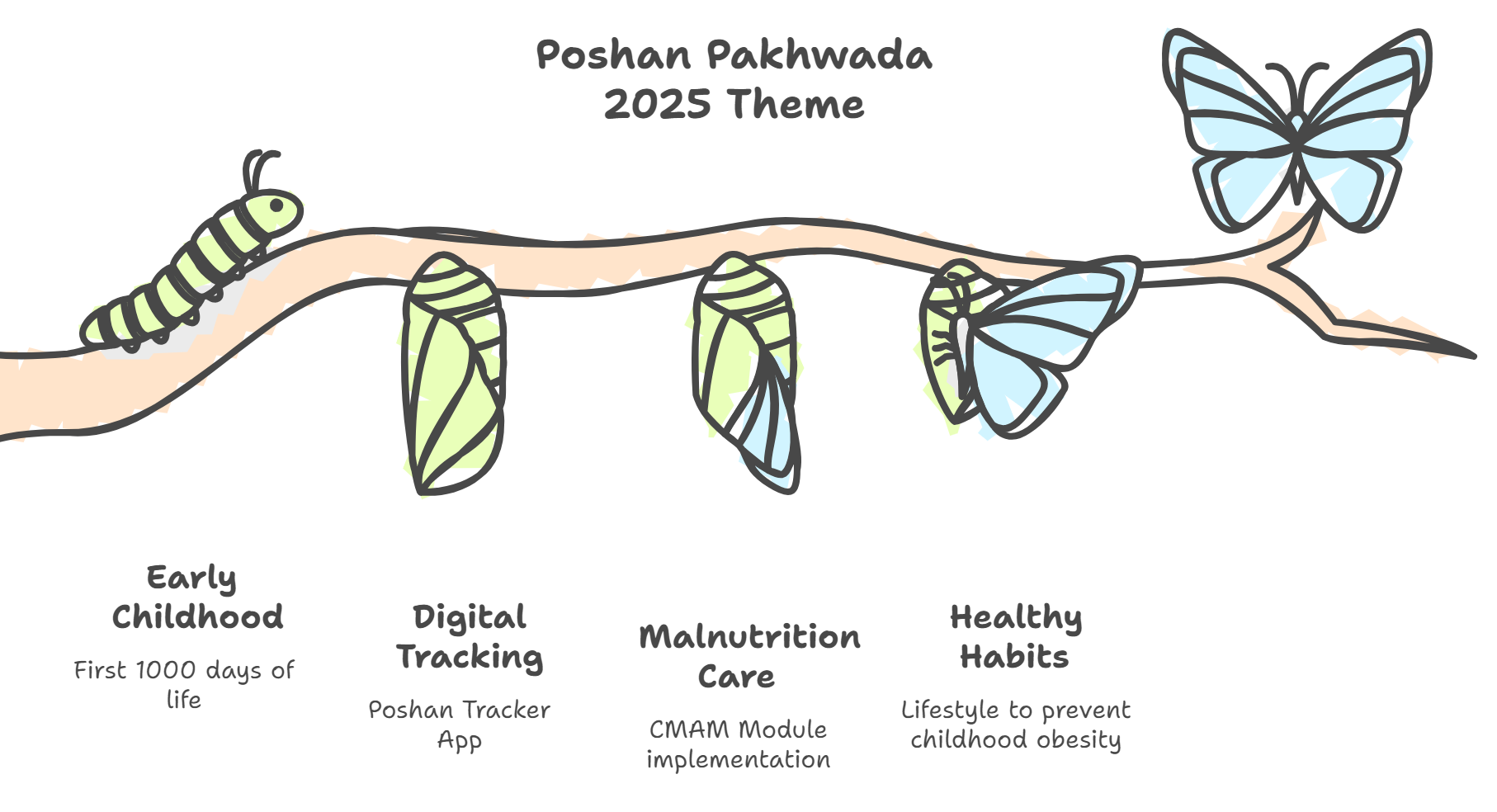
Activities During Poshan Pakhwada 2025
To foster mass awareness and behaviour change, diverse community-based activities were organized, such as:
- Awareness Drives and Walks: Health rallies, street plays, nutrition workshops in villages, schools, and cities.
- Poshan Vatikas: Plantation drives for kitchen/nutrition gardens at Anganwadi Centres and homes.
- Health Competitions: Swasth Balak Spardha (Healthy Child Competition), promoting healthy nutrition choices.
- Growth Monitoring Camps: Measuring children’s nutrition status and distributing Iron and Folic Acid supplements.
- Anaemia Camps: Screenings and education for adolescent girls and women.
- Men’s Meetings & Community Dialogues: Promoting shared caregiving roles in families.
- Promotion of Traditional Diets: Sharing recipes and success stories through media and MyGov platforms.
- Digital Registration: Ensuring more children and mothers are enrolled with the Poshan Tracker app for real-time tracking.
What is the Poshan Tracker?
The Poshan Tracker, launched in March 2021, is a mobile application by the Ministry of Women and Child Development. It allows Anganwadi workers to record and track:
- Growth and nutrition data of children and mothers in real time,
- Service delivery at Anganwadi centres,
- Timely identification of malnourished children.

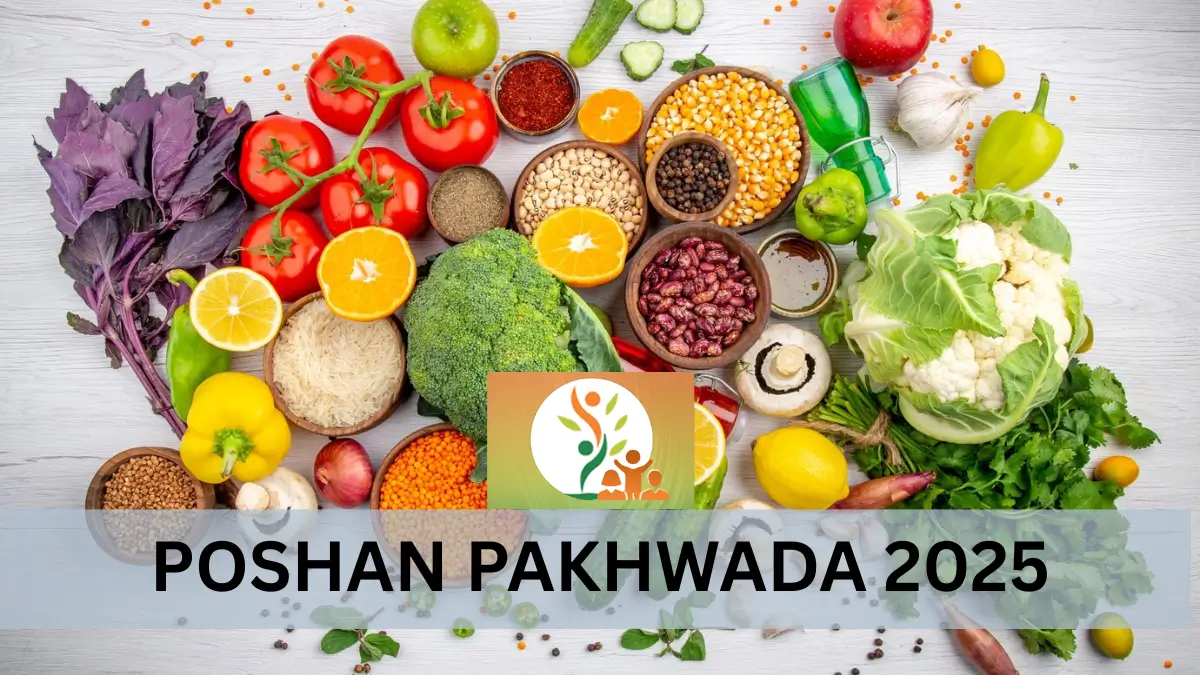
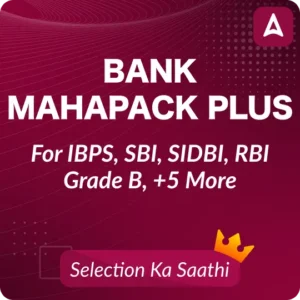

 Daily Current Affairs Quiz 23rd February...
Daily Current Affairs Quiz 23rd February...
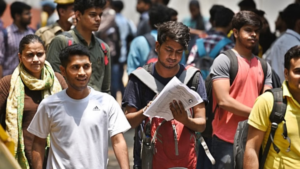 Bank of Baroda Office Assistant Exam Ana...
Bank of Baroda Office Assistant Exam Ana...
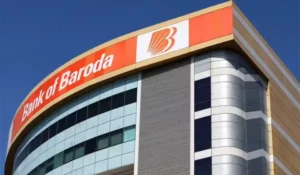 Bank of Baroda Office Assistant Memory B...
Bank of Baroda Office Assistant Memory B...








